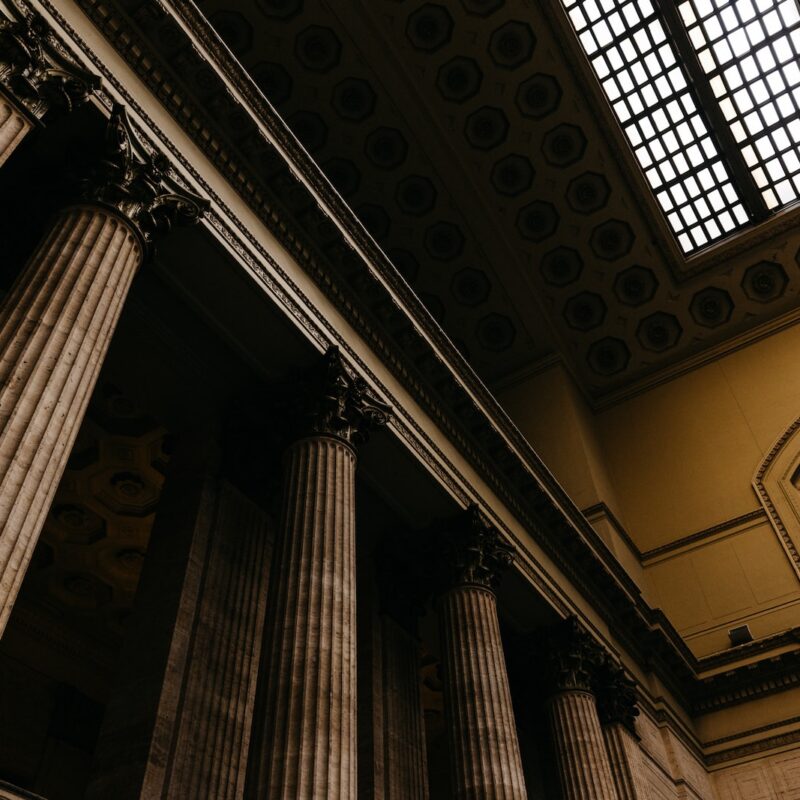What is Fair Use?
Fair Use is a legal doctrine that permits the use of copyrighted works in certain circumstances without the permission of the rights holders.
Examples of fair use could include showing a movie clip during a news segment, parodying a song for satire purposes, or using a quote from a book while reviewing it. It does not include using a few seconds of a song within your new one.


Fair use is not copyright law, but rather an affirmative defense against claims of copyright infringement.
Courts evaluate fair use claims on a case-by-case basis, and the outcome of any given case depends on a fact-specific inquiry.
When a court determines whether a use is a fair use, it will evaluate at least the following four factors:
- the purpose and character of the use, including whether it is for commercial or educational purposes;
- the nature of the copyrighted work, including whether the work is creative vs. factual, or published vs. unpublished;
- the amount and substantiality of the portion used, in relation to the copyrighted work as a whole; and
- the potential market effect on the copyrighted work, including its value and earning potential.